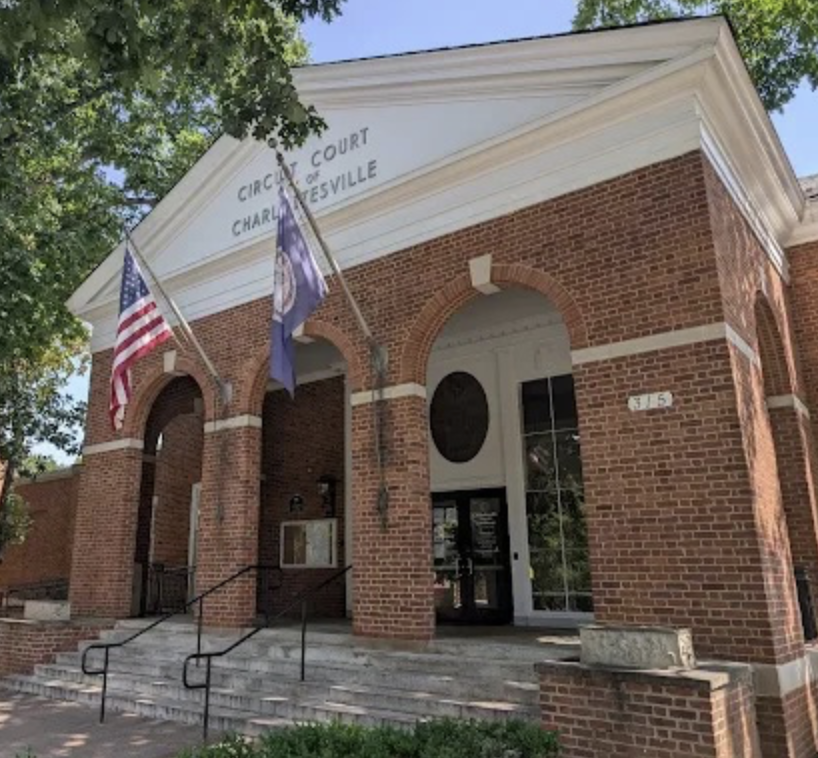After 18 months of legal procedures over the city’s new zoning code, Charlottesville Circuit Court Judge Claude Worrell has granted a default judgment throwing out the new rules.
A group of Charlottesville property owners filed suit against the city in January 2024 arguing that it had not done enough to study the potential impacts additional density would have on infrastructure. In April, Worrell ruled there was sufficient merit in the argument to move forward to a trial and one was scheduled for late June 2026.
However, the city failed to respond to an April 30 written order that it provide a written response to an amended complaint filed by the plaintiffs. On June 2, attorneys with the firm Flora Pettit filed a motion on behalf of the plaintiffs asking Worrell to toss the case because the city had not yet responded.
The next day, attorneys with the firm Gentry Locke filed a motion on behalf of the city asking for permission to file late.
Both motions had their day in court on June 30. Attorney Ryan Starks with Gentry Locke argued the city has been acting in good faith and there was no attempt to delay the case.
“This case has always been moving toward a disposition,” Starks said, adding the city is prepared to defend itself in court. He said the taxpayers of Charlottesville who stand to benefit from the additional density should not suffer because of a mistake made by outside counsel.
Worrell quickly dismissed the argument and lamented that this particular case would not go to trial.
“There are things in the case I thought might be useful about what zoning is and what zoning isn’t,” Worrell said. “It would have been interesting.”
The ruling also means the city can no longer enforce the new zoning code and the previous set of rules will be in effect once more.
“The city knows what it needs to do,” Worrell said.
Since the development code went into effect in February 2024, many projects—such as a proposal to build 24 units at 2030 Barracks Rd.—have moved forward using the new rules.
At the heart of White v. Charlottesville is a claim that the city did not comply with specific sections of Virginia code, such as one that requires a locality to submit a Comprehensive Plan to the Virginia Department of Transportation “if the plan or amendment will substantially affect transportation on state-controlled highways.”
City officials are now trying to figure out what steps to take.
“We are working closely with staff to assess any immediate impacts and will provide additional information as appropriate,” said Afton Schneider, the city’s director of communications and public engagement.
Charlottesville’s ambitious new development rules were invalidated after a missed court deadline.
Staff photo






